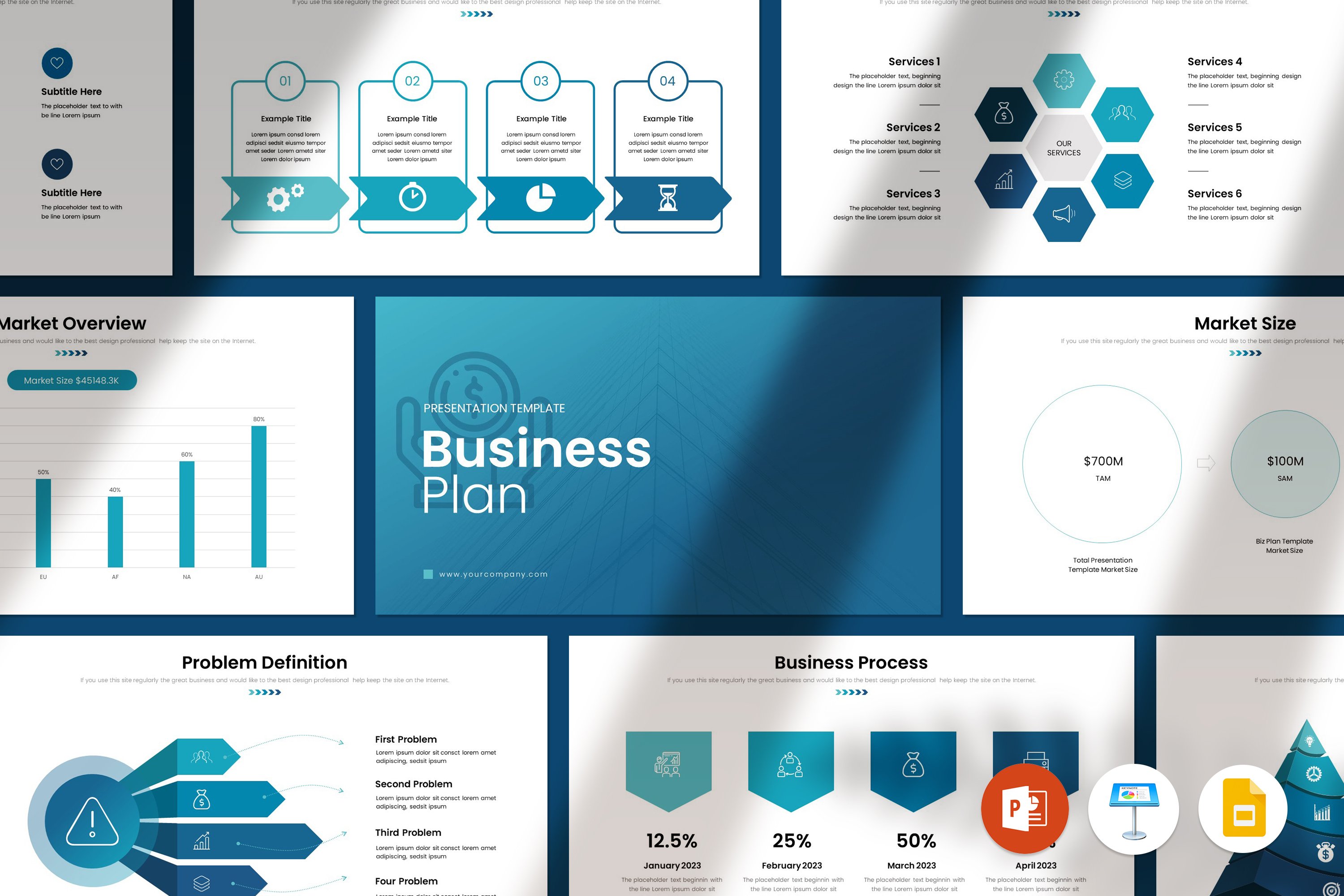Why Companies Are Turning to Management Offshore for Global Growth
Why Companies Are Turning to Management Offshore for Global Growth
Blog Article
Streamline Your Procedures: The Advantages of Management Offshore
In a progressively competitive landscape, businesses are exploring cutting-edge approaches to improve their operational efficiency. One such approach is the monitoring of overseas operations, which not just gives access to a diverse ability pool yet likewise provides substantial price savings. By reallocating sources far from non-core functions, companies can hone their focus on strategic campaigns, promoting development and advancement. Nevertheless, the implications of welcoming offshore monitoring prolong beyond plain monetary considerations. To fully understand its prospective impact on your company, it's necessary to think about a number of important elements.
Access to Worldwide Talent
Accessibility to international talent is among one of the most substantial advantages of offshore monitoring, enabling companies to take advantage of a varied pool of knowledgeable experts from around the globe. This broad gain access to allows business to improve their capacities and foster innovation by integrating numerous perspectives and know-how into their procedures.
Offshore administration facilitates the employment of very specialized skill that may be scarce or unavailable in the residential market. By leveraging international competence, companies can remain affordable and nimble in a progressively globalized economic climate. This approach not only enhances the workforce yet likewise fosters a culture of partnership that transcends geographical borders.
Furthermore, accessing global ability aids companies remain abreast of international trends and ideal methods, as professionals bring distinct insights and approaches from their respective regions. This diversity can lead to improved creative and problem-solving services, eventually driving organizational development.
Furthermore, the capacity to scale talent acquisition according to predict requirements guarantees that businesses can continue to be responsive to market demands. By purposefully using offshore monitoring, organizations can construct a durable, versatile labor force that satisfies the challenges of today's vibrant company setting.
Expense Efficiency and Financial Savings

Offshore monitoring commonly results in savings in overhanging costs, such as workplace area, utilities, and administrative support. Lots of overseas locations offer tax obligation incentives and positive policies, additionally enhancing the financial advantages. Organizations can assign these financial savings towards advancement, growth, and other calculated campaigns.
Additionally, offshore administration makes it possible for companies to access a varied ability swimming pool at a fraction of regional employment prices. This mix of reduced labor costs and accessibility to skilled professionals enables companies to maximize their labor force while maintaining high standards of productivity.
Additionally, the scalability used by overseas procedures suggests that companies can adjust resources and personnel as needed, reducing monetary danger throughout changing market problems. In recap, the price performance and financial savings linked with overseas monitoring stand for an engaging possibility for companies seeking to enhance procedures and improve general earnings.
Boosted Concentrate On Core Activities
One considerable advantage of offshore administration is that it enables organizations to enhance their emphasis on core tasks. By entrusting non-core functions to offshore teams, companies can focus their sources and efforts on areas that drive their strategic objectives and affordable benefit. This shift not just maximizes functional effectiveness but additionally cultivates advancement within the organization.
When businesses unload routine tasks such as consumer support, data access, or IT upkeep to specialized offshore suppliers, they liberate important time and talent. Staff members can redirect their skills towards high-impact jobs that align with the business's objective, enhancing performance and general efficiency.
Furthermore, this increased concentrate on core tasks can bring about boosted decision-making and tactical preparation. With much less time spent on secondary tasks, management can dedicate more focus to examining market trends, determining growth chances, and refining their service strategies.
Eventually, boosted concentrate on core tasks enables companies to separate themselves in the market. By focusing on what they do best, companies can provide premium services and products, hence increasing client complete satisfaction and commitment, which are essential for long-term success.
Improved Operational Versatility
Boosted operational flexibility is an essential benefit that organizations can accomplish via offshore management. By leveraging worldwide sources, firms can adjust promptly to changing market demands, ensuring they stay affordable. Offshore monitoring permits organizations to scale look at this site operations up or down with ease, responding to changes in work without the restraints of neighborhood labor markets.
This flexibility includes the diversification of services and product offerings. With access to specialized skills and resources across different regions, organizations can innovate Extra resources and execute new methods quickly. Offshore groups can function around the clock because of time zone differences, improving efficiency and accelerating job timelines.
Additionally, the capability to touch right into emerging markets can lead to new business opportunities, enabling firms to get in areas with less saturation and greater growth potential - management offshore. This flexibility not just enhances a company's market position yet additionally cultivates durability against financial unpredictabilities

Risk Reduction and Conformity
Effective threat mitigation and compliance approaches are necessary for organizations taking part in overseas management. As organizations broaden their operations throughout borders, they face a myriad of threats, consisting of regulative changes, information breaches, and social misconceptions. Establishing durable risk administration frameworks makes it possible for organizations to recognize potential hazards and execute aggressive procedures to minimize their effect.
Compliance with worldwide regulations and regional laws is essential. Offshore monitoring necessitates a detailed understanding of differing legal landscapes, which can be ever-evolving and complex. Failure to abide can result in significant penalties, lawful disputes, and reputational damages. Subsequently, organizations should purchase conformity training and original site continuous tracking to make certain adherence to appropriate guidelines.
In addition, cultivating a society of openness and moral actions is vital. This not only protects the organization from compliance-related risks but also enhances trust with employees, customers, and stakeholders (management offshore). Making use of innovative modern technologies, such as compliance administration software application, can enhance the tracking process, ensuring that organizations continue to be dexterous and receptive to transforming governing demands
Verdict
Finally, the adoption of overseas administration presents companies with significant benefits, including accessibility to a diverse ability pool and considerable expense reductions. This calculated method permits companies to focus on core functions, therefore improving technology and decision-making processes. In addition, boosted functional adaptability and robust threat management structures add to general organizational stability. Inevitably, embracing overseas management not only cultivates increased effectiveness and competition but likewise ensures the shipment of premium products and services while maintaining customer fulfillment.

Reliable threat reduction and conformity approaches are essential for companies involving in overseas management.In conclusion, the adoption of offshore monitoring offers companies with substantial benefits, consisting of accessibility to a varied skill pool and significant expense reductions.
Report this page